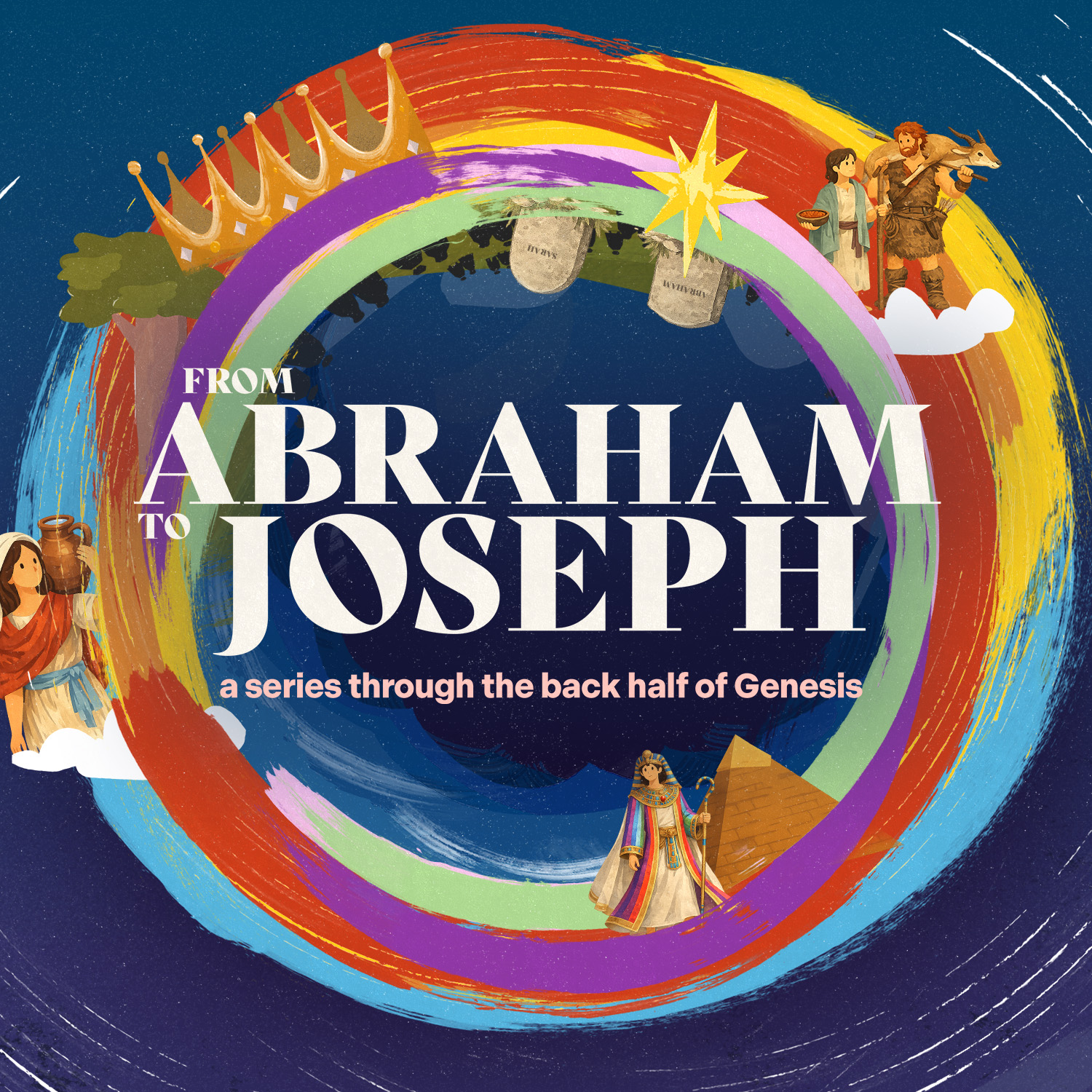If that’s not clear, let me give specifics. When my kids were very little, they would sleep on my chest. Cuddling like that was great. Back when they were under twenty pounds, I could lay down, sit them on top of me, tuck us both under the blanket and take a nap. I no longer do that with my 125-pound, 14-year old boy. It doesn’t work; it’s not even supposed to. And in some ways, it’s sad to realize that that stage of the game is over.
However, it’s not all sad. Yes, there are certain aspects of parenting that are now gone, but there are new ones still to come – like teaching my children how to drive, or how to interview for a job. Each parenting stage has things to look forward to, and things to look back on. In fact, some of the things to look back on aren’t even something to grieve over. Personally, I’m happy to be living in a diaper-free home, when I look back at the seven years where that was a daily (well, hourly) responsibility.
Anyway, it seems to me that much of this concept also applies to church life. There are joys and hardships that are unique to the one-year-old church that has a small congregation and only one person on staff. And there are joys and hardships that apply to the twelve-year-old church with multiple services, multiple people in leadership, and lots of people attending and getting involved.
In fact, Tim Keller once wrote a helpful essay that I would recommend to anyone who is interested in church ministry and strategy – especially anyone who has been frustrated by the growing pains that show up in a growing ministry.
In this essay, Keller argues that churches often grow to a size that causes them to have to do things differently than they used to do them. And at one point he says:
“If some members of a church of 2,000 feel they should be able to get the senior pastor personally on the phone without much difficulty, they are insisting on getting a kind of pastoral care that a church of under 200 provides. Of course, the pastor would soon be overwhelmed. Yet members may insist that if he can’t be reached, he is failing at his biblical duty to be their shepherd.
Another example: the new senior pastor of a church of 1,500 may insist that virtually all decisions be made by consensus among the whole board and staff. Soon the board is meeting every week for six hours each time! Still the pastor may insist that for staff members to be making their own decisions would mean that they are acting unaccountably or failing to build community. To impose a size-culture practice on a church that does not have that size will wreak havoc on it…”
It's a very interesting thought. But his basic argument is that churches of different sizes must operate differently. That makes sense, but here’s where it gets complicated: Some churches grow (or shrink) - meaning the same church may be a large church at one point, and a small church at a different point. And that is a bit harder to deal with!
I would imagine that it may be very difficult to be at a church that used to have fifteen different programs running on Wednesday nights, but now doesn’t even have enough volunteers to host a Wednesday night service at all. I am reminded of a conversation I had with a church secretary a few years ago about the history of her church. I could hear in her voice that she clearly perceived that the “glory days” at that church were behind them now. It all sounded so sad.
And I’m sure this also happens when a church grows. I would imagine that for some people, there is some social anxiety that comes along with moving from a church where you know all thirty people in the room, to a church where you only know fifty out of two-hundred people in the room. Or perhaps for some people, it’s difficult to be a part of a church where, when it was smaller, the pastor used to visit you every time you got sick or ended up in the hospital, but now that the congregation is larger, that kind of ministry is mostly done by other people – even people who do not preach on Sunday mornings.
Either way, the changing of the size of the church actually changes the experience and perception of the church person that is involved there.
I’ve noticed that this has taken place at Good News Church over the years. In fact, I’ve even written about it before. Here are two articles (one from 2017 and one from 2019) where I addressed this:
But the reason I am writing this now, is because I know that people do not go back and re-read articles from 2019 very often.
Back during the first year of Good News Church, we used to celebrate the Lord’s Supper by having it as a part of a church-wide meal that we all shared together in the main room. We would remove most of the chairs, and set up tables with forks, knives, and napkins. Everyone would bring a dish to share, and we would all eat together. At the end, we would take communion together, with each person eating a big chunk of bread and drinking a whole cup rather than the little ones that we currently distribute on Sunday mornings. It was great.
That experience is a little like when my kids used to nap on me as babies: It’s just not possible anymore. If we were to try to build an auditorium that could fit every person who attends our church simultaneously, and also fit in enough room for tables and food, we’d need an auditorium about quadruple the size of the one we currently have.
However, there are also experiences that we have now, that we couldn’t have had when we were younger/smaller. For instance, I recently had a high school student come up to me on a Sunday morning and ask, “Do you have any kind of meetings for kids at this church?” and I was able to say: “During the school year, there’s a youth Bible study that meets on Wednesday nights.” I couldn’t have said that back when we first started this church; now I can.
Here’s another example: I recently heard one of our community group leaders say, “Hey feel free to visit my group, and if it’s not your vibe, that’s fine. We’ve got plenty of other groups that you could be a part of.” Well, back during year number one, that wasn’t true. Back then, there were only three small groups: a men’s group, a women’s group, and a Dave Ramsey financial class. If you were a woman who didn’t like the women’s group, and didn’t want to learn how to budget, you were out of luck. That was all we had back then.
Another advantage we have now that we are over a decade old is access to previous preaching. There are times when people call in (or write in) to the church and ask, “What does the Bible say about abortion?” or “How can I know God’s will?” And it’s great that, now, we can send these people links to teachings we’ve done in the past. That was not possible the first few years.
Recently, I was at an elder meeting discussing this topic and one of the leaders of our church said something to the effect of: “It would be great if this concept could be explained to the people of our church - so that they could grieve the loss of what has passed, and also rejoice in the good of the way things are now.”
And I thought, I can do that! Hence, this article.
My hope for this article is that you can learn to be content in whatever situation you are in and whatever situation Good News Church is in (See Philippians 4:10-14.) My hope is that you won’t feel the need to push Good News Church into acting like a church that is bigger or smaller (or younger or older) than it is, but rather grieve the loss of what once was, and rejoice in the good that exists right now.
Overall, I believe that if we stick to loving God, loving each other, and loving people who don’t know God yet, we will end up being whatever size God wants us to be. I do believe that it is our commitment to God’s mission (and not to a particular church size) that matters most. I hope it was helpful for you to think through this.

